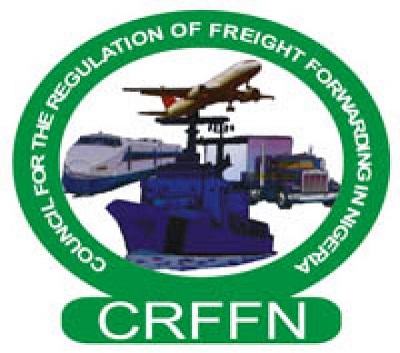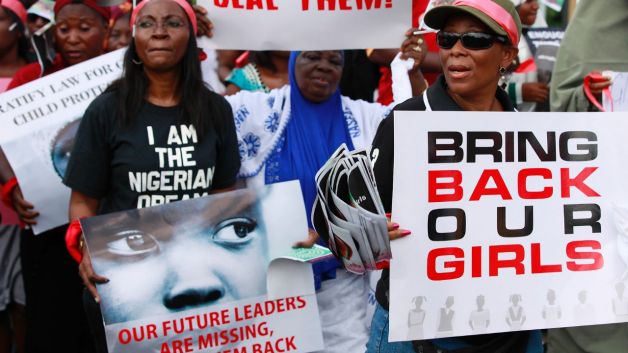CRFFN: A Burden Of Leadership In Africa
Leaders must cultivate an organizational culture that embraces flexibility, adaptability and rigorous scenario planning.
——-Greek Philosopher, Aristotle on Leadership and Modern Management
Leadership in Africa laterally, means opportunity to abuse a collective trust; appropriate collective wealth for personal gains; redefining the concept of corruption, power and authority to mesmerize the intelligent and confuse the gullible; licence to live above the law and witch-hunt perceived opponents.
No political office holder in Africa is insulated from this definition. Surprisingly, many heads of bureaucratic institutions in Africa are noticeably being good examples of bad leadership. In Nigeria, it is so bad that it is difficult to find a head of a government agency who leaves office as a SAINT. The politician Minister or Permanent Secretary or Chairman of the Board, ensures that the sainthood is polluted by indoctrination.
So, the generational systemic leadership failure experienced over the years now in Nigeria is not on account of lack of ideas and programmes, but stunted vision and derailment of missions deliberately orchestrated for personal gains. This seems to have come to stay because of the increasing erosion of moral values but if it must not live with us, there must be revolutions. It could start small in an office with a mindset for change and then when made public could gain momentum with time, for a national renaissance.
It beats any reasonable mind’s imagination how the Council for the Regulation of Freight Forwarding in Nigeria (CRFFN) has become a smelly cesspool of corruption. It is the apex regulatory body for freight forwarding practitioners in Nigeria. The intention of the founders was to make it a private sector – based institution like the Nigeria Bar Association (NBA), among others, but the pioneer governing council Chairman and his co-travelers, surreptitiously changed it to a government parastatal in a miscarriage of direction, all for the love of the Coat-of-Arms, razzmatazz of the pride of being a “Head of a Parastatal,” quick money from government as subvention. Somebody once argued that illiteracy of the mind was critical in this destination-accident of CRFFN, but I would like to differ because the caliber of the pioneer council drivers, have remained part of the key voices and eyes of the maritime industry. They are successful sound minds, in their various personal rights.
But Mrs. Mfon Usoro, who drafted the CRFFN Act choose to describe it as lack of patience and taking a short-cut to success, which is no success, after all because there is nothing to show in its 10 years of existence as a government agency order than pockets of crises and a ready corruption pipe for bureaucrats and politicians, while the industry keeps sliding into misery and unprofessionalism.
The last CRFFN administration was leadership at its nadir, in spite of billions of naira appropriated and provided for operations. What could have happened to the funds in the successive fiscal years? It was so bad that the new Registrar/CEO, Barr. Sam Nwakohu, was said to have met an empty coffer. Many employees of the council lack offices to operate from, their morale, also said to be unproductively low and surprisingly, office consumables of smallest value, not available for use.
MMS Plus however gathered that the new Registrar has begun a rebranding process with the conceptualization of a one year strategic plan, remodeling of a new office accommodation with the furnishing, which he was said to have provided from his personal purse.
There is also plan to mark the 10 years of CRFFN, with eloquent event statement. Over the years, CRFFN had run its office with a paltry N2.7million as overhead on monthly basis. This was considered as inadequate and so he has pushed for a jack-up.
Barr. Nwakohu is said to be a thoroughly trained private sector person who has come to bring to bear his leadership expertise into public service. Can he drive the Council to fulfillment with the resources at his disposal? His colleagues and governing council members appear ready for cooperation, a foundation on which he had said at a forum in Apapa, recently, that he is the new kid in the block. He exudes the confidence but can he change the Africans’ definition of leadership by cultivating a new culture, adapting to the new position and planning in line with unfolding scenarios for a sustainable change?









